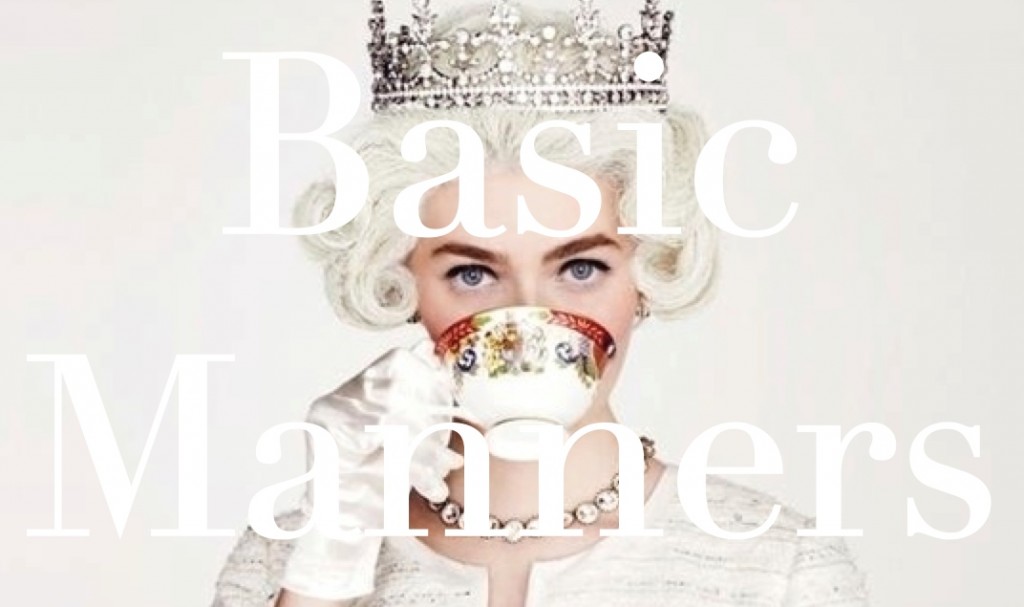Grammar can be a tricky little devil and sometimes you catch yourself second guessing things you think you know, you ought to know, but you’re not quite sure you know.
Is it who or whom? Lay or lie?
Although not a dire situation these little slip ups can undermine your credibility as a well educated and knowledgable lady, particular when communicated with someone oh so intellectual.
You always want to present yourself in the best light so it’s best to be prepared when you come across these sometimes tricky words.
Who vs. Whom
Who refers to the subject (person performing the action) of the sentence. “It was Helen who took my glasses.”
Whom refers to the object (object the action is being done to) of the sentence. “Whom did you dance with?”
*Easy trick. Substitute “who” or “whom” with “he/she” or “him/her.” If “he” sounds better use “who.” If “him” sounds better use “whom.”
It was Helen who took my glasses. (It was Helen, she took my glasses)
Whom did you dance with? (Did you dance with him?)
Which vs. That
Which should be used if you’re adding something extra or unessential to the meaning of a sentence. “Diamonds, which are expensive, make beautiful gifts.” You don’t need to say that diamonds are expensive to say they make beautiful gifts.
That should be used when what you’re adding is necessary to the meaning of the sentence. “Diamonds that have better clarity are more expensive.” You need to express the clarity of the diamond to show why they are more expensive.
I vs. Me
I is the subject(person performing the action) of the sentence. “I am going to go to Paris.”
Me is the object (person the action is being done to) of the sentence. “Juliet is going to take me to Paris.”
It gets tricky when other people are included. In this case reduce the subject so it reverts back to just you to see which sounds better.
Juliet and (I or me?) are going to go to Paris.
Me is going to Paris? NO
I am going to Paris? YES
Therefore, Juliet and I are going to go to Paris.
Juliet is taking Emily and (I or me?) to Paris.
Juliet is taking I to Paris? NO
Juliet is taking me to Paris? YES
Therefore, Juliet is taking me and Emily to Paris.
Your vs. You’re.
Your is a possessive adjective describing that something belongs to someone. “What a remarkable painting, your taste is superb.”
You’re is simply a shortened form of you are. “Please look me up when you’re in London.”
Lay vs. Lie
Lay requires a direct subject. “I lay my Montblanc pen on the table.” Laid is it’s past tense. “Yesterday I laid my Montblanc pen on the table.”
Lie requires no object. “I’m so exhausted from tending the garden I will lie down on the sofa.” Lay is it’s past tense. “Yesterday I was so exhausted from tending the garden I lay on the sofa for three hours.”
Their vs. They’re, vs. There
Their indicates possession. “I can’t wait to visit the Alcott family. I heard their house is divine.”
They’re is a shortened form of they are. “They’re so sad, their grandmother just passed.”
There refers to a location. “Over there is where I rode my first pony.”
Can vs. May
May implies asking for permission. “May I borrow your car this evening.”
Can implies asking if something is literally possible. “I can let Edward borrow my car, but I don’t trust him, so I may not.”
May vs. Might
May implies a possibility. “I may go to Charlotte’s party if I’m available that weekend.”
Might implies far more uncertainty. “I might go to Charlotte’s party if that dreadful Lillian doesn’t attend”
Affect vs. Effect
Affect means to influence or cause an impression. It is usually used as a verb “Richard’s speech affected the audience in such a positive way.”
Effect describes a change or outcome that occurred. “The large donations will have a positive effect on the children’s foundation.” It’s usually used as a noun. If used as a verb it typically means “to bring about.” “This event shows that people still care, that a passionate speech can still effect (bring about) change.”
*When you affect something it produces an effect.
Assure vs. Ensure vs. Insure
Assure means to remove doubt. “I assure you I didn’t mean to steal your boyfriend.”
Ensure means to make certain something will or won’t happen. “Leave the cake in the oven for 10 more minutes to ensure it’s thoroughly cooked.”
Insure means to arrange for financially compensation in the event of loss or damage. “Alice had better insure that diamond necklace, it looks like it’s worth fortune.”
Whether vs. If
Whether implies there are two or more alternatives. “I don’t know whether I’ll attend the cocktail party this evening.”
If implies a situation where there are no alternatives. “I can go to the cocktail party if I find the perfect dress to wear.”
Fewer vs. Less.
Fewer refers to a number or something you can count. Usually the subject your referring to will be plural. Ex. shoes, apples, glasses of wine “Mary has fewer that 150 shoes.”
Less refers to a hypothetical quantity or something you can’t count. Usually the subject will be singular. Remember things likes time, money and distance are usually singular. Ex. wine, 7 hours, $500 “Mary had less than $500 dollars after she spent all her money on shoes.”
Farther vs. Further
Farther refers to a physical distance. “John jogged farther than Charles.”
Further refers to a figurative distance. “Carol’s indiscreet comments caused further embarrassment.”
HOMEWORK: Do you make any of these mistakes? For the life of me I can never keep “lay” or “lie” straight. Let me know which is the hardest for you in the comments below!







Great article!! Can we please add to this list “loose” and “lose”?
LOOSE is the opposite of TIGHT. Loose pants.
LOSE is the opposite of FIND. I want to lose weight so my clothes fit better.
Good one Motoko! So true and I love your example!